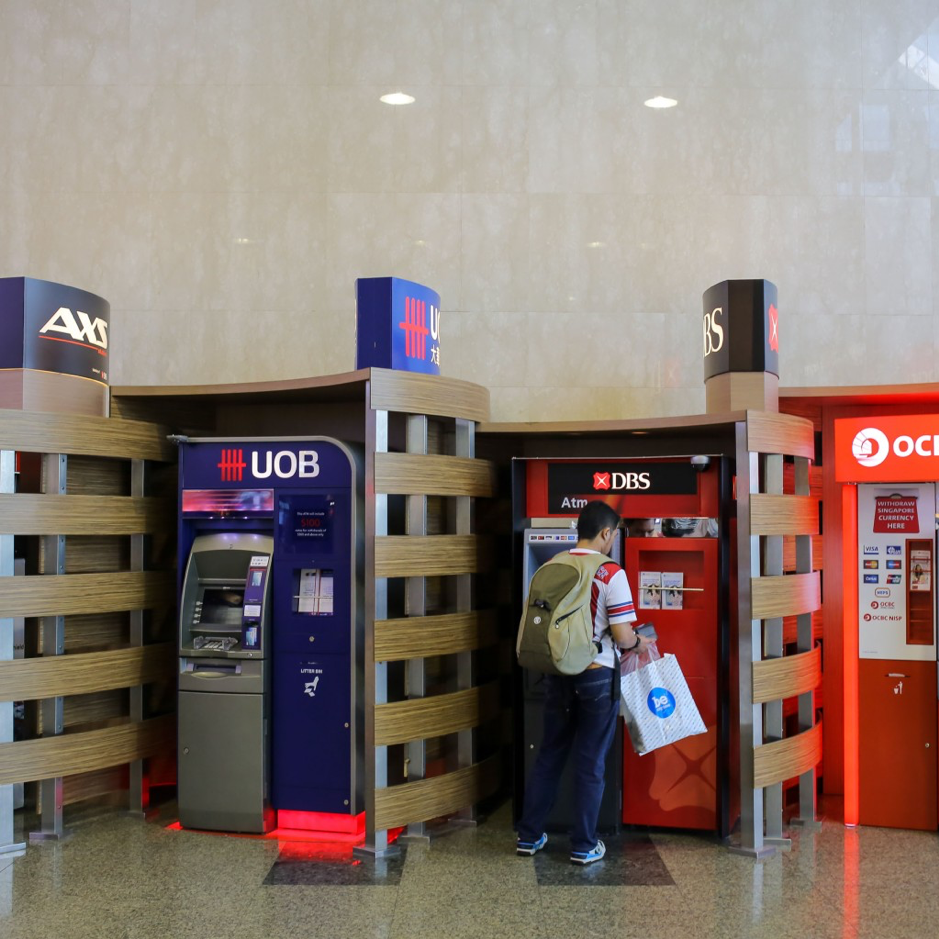Asset Building Early in Life and Matched Savings
September 15, 2022

“Singapore’s only natural resource is its people.” This often-cited adage by Lee Kuan Yew encapsulates the constraints that Singapore faces as a small island-state. Indeed, to make up for its geographical disadvantages, the Singapore government pays high attention to educating and developing its people from young. However, the effectiveness of human capital development efforts is dependent on various factors. In “Asset Building Early in Life and Matched Savings”, one out of the five satellite projects from Professor Wei-Jun Jean Yeung’s (Centre for Family and Population Research & NUS Department of Sociology) main project “Building Human Capacity in Singapore’s Population: Testing Innovations in Human Development”, Associate Professor Chia Ngee Choon (NUS Department of Economics) and Adjunct Associate Professor Corinne Ghoh (NUS Department of Social Work) examine the impact of parents’ saving attitudes and behaviours on their children’s development, among low-income families.
A/P Chia and A/P Ghoh draw on findings from the core national survey as outlined in Prof Yeung’s main project, which acts as a foundational dataset for the satellite projects. The survey collects data from 5,000 households with children of up to six years old. In the first wave of the survey (2018 – 2019), parents were asked about their saving attitudes and behaviours, such as the extent of participation in matched savings programs or similar programs; A/P Chia and A/P Ghoh analyse this data to determine the effects of savings on parental behaviour (such as investment in and expectations of their children) and child development. In the second wave of the survey (2020 – 2021), A/P Chia and A/P Ghoh push the analysis further and evaluate the impact of asset-building from matched savings on children’s development while some of them are in primary school. This part of the research consists of a randomised trial to test policy interventions in the community to encourage savings early in life.
The findings will help inform stakeholders and policymakers on designs of asset-based social protection programmes for the young and vulnerable.
Publications
Ghoh, C., & Tonsing, K. N. (2019). Savings attitude and behavior in children participating in a matched savings program in Singapore. Children and Youth Services Review, 98, 17-23. Retrieved from https://www.sciencedirect.com/…/artic…/pii/S0190740918306595
